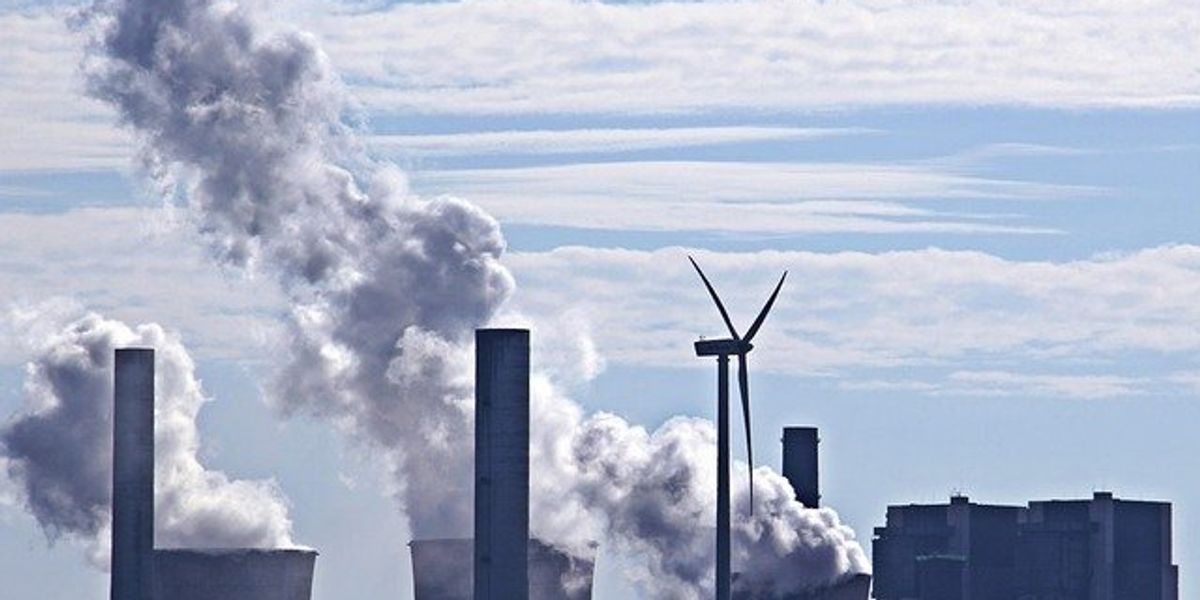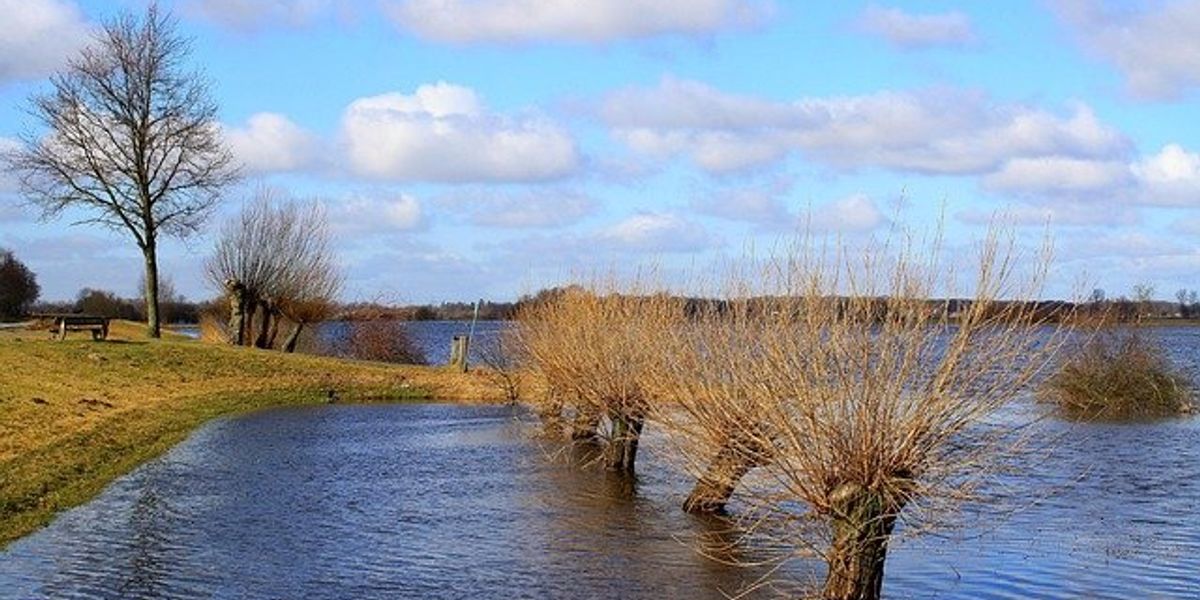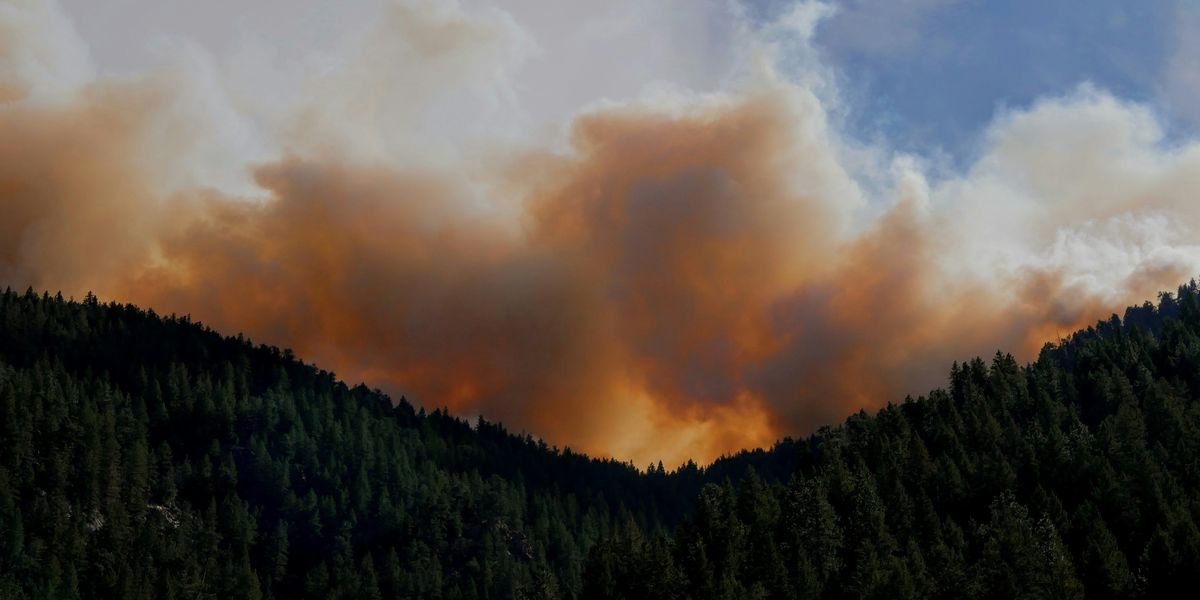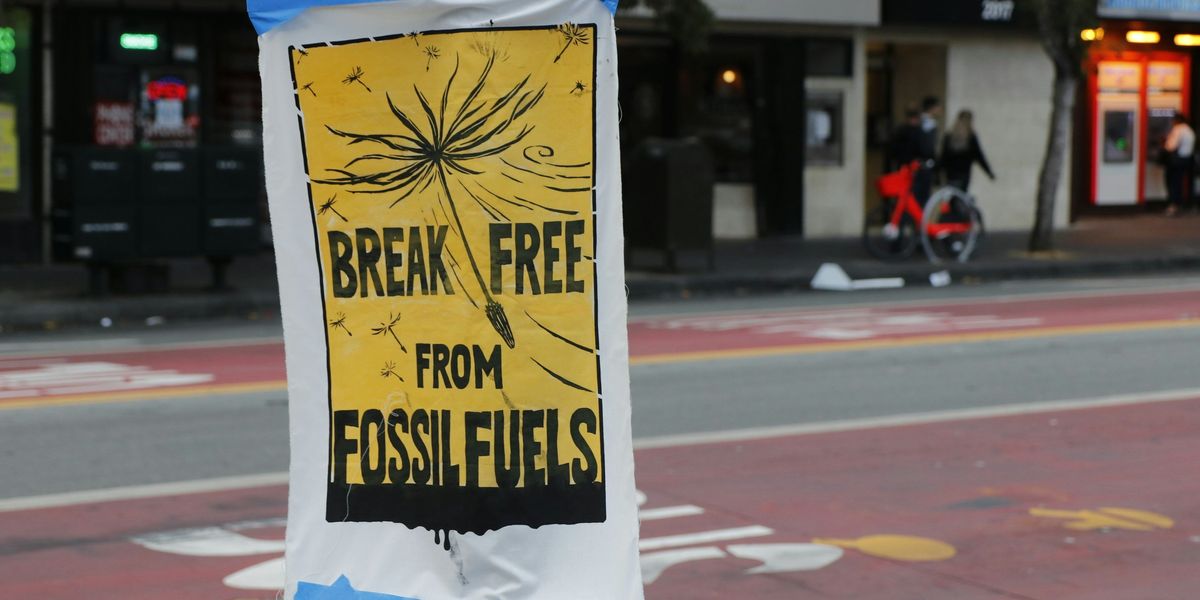guyana
Guyana's new wealth: boon or bane?
In Guyana, a country with a history of colonial exploitation and environmental preservation, the discovery of vast offshore oil reserves is setting the stage for a transformative era, juxtaposed against rising concerns over climate change and equitable development.
In short:
- Guyana is experiencing an economic boom due to offshore oil discovery, despite previous eco-friendly initiatives like selling $250 million in carbon credits.
- The government plans to further invest in fossil fuels, constructing a 152-mile pipeline to support a new power plant, raising hopes for economic development but also environmental and social concerns.
- Rising sea levels threaten the capital, Georgetown, highlighting the paradox of pursuing fossil fuel development amidst climate change challenges.
Key quote:
"We’re obviously talking about developing countries here, and if there’s so much social and economic development that still needs to happen, then it’s hard to actually demand a complete ban on fossil fuels. [Still], we're in a moment in the climate crisis where no one can get a pass."
— Maria Antonia Tigre, director at the Sabin Center for Climate Change Law at Columbia University
Why this matters:
Guyana's offshore oil prospects have been generating significant attention in recent years, thanks to substantial discoveries in its Stabroek Block, operated by ExxonMobil. These discoveries have positioned Guyana as one of the world's hottest emerging oil frontiers. With estimates of more than nine billion barrels of oil equivalent, the nation's oil potential is undeniably vast.
Developing countries that increase their fossil fuel production are at a crossroads: securing their own long-term well-being or earning revenue to finance programs to support immediate economic growth.
Exxon's oil exploration in Guyana could heighten regional tensions
ExxonMobil's plan to drill for oil in a disputed region between Guyana and Venezuela risks escalating tensions in South America.
In short:
- ExxonMobil intends to explore oil in a region claimed by both Guyana and Venezuela, potentially heightening tensions.
- The territorial dispute over the Essequibo region has intensified, with Venezuela's President Maduro suggesting forceful annexation.
- South American leaders and the international community are concerned about the impact of Exxon's actions on regional stability.
Key quote:
“The truth is that this announcement couldn’t come at a worse time. This is going to be a massive test for regional diplomacy."
— Geoff Ramsey, senior fellow at the Atlantic Council.
Why this matters:
This development underscores the complex interplay between natural resource exploitation and international relations, highlighting the need for careful diplomatic navigation in resource-rich, contested areas.
Developing countries that increase their fossil fuel production are at a crossroads: securing their own long-term well-being or earning revenue to finance programs to support immediate economic growth.
As Guyana shows, carbon offsets will not save the Amazon rainforest
With all their flaws, carbon offsets are not the solution to deforestation of the Amazon rainforest - leaders should acknowledge that.
Could Guyana’s Exxon ruling scare big oil off risky exploration?
Ruling requiring ‘unlimited guarantee’ from oil firms to cover costs of spills could change offshore drilling throughout region.
How a poor country imperiled by climate change tied its future to oil
Exxon’s oil drilling gamble off Guyana coast ‘poses major environmental risk’
ExxonMobil's huge new Guyana project faces charges of a disregard for safety from experts who claim the company has failed to adequately prepare for possible disaster, the Guardian and Floodlight have found.



















